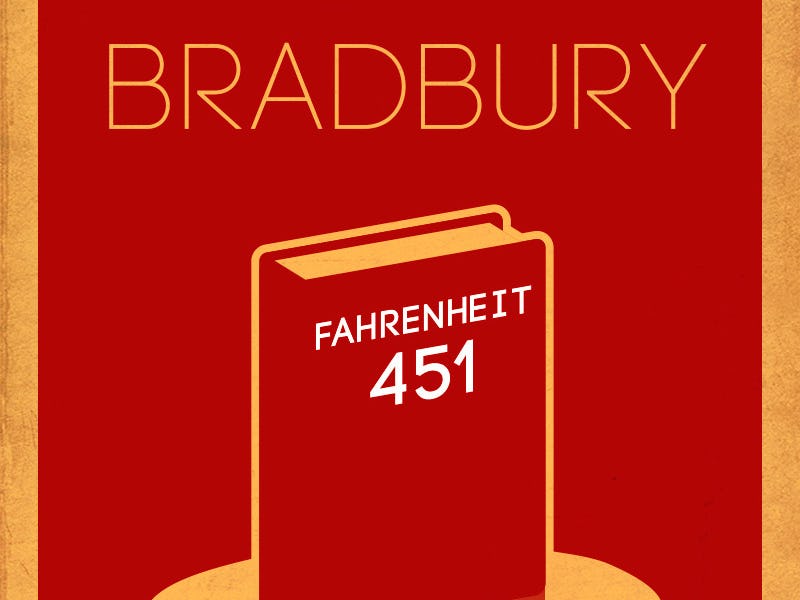The Internet's Standard Code for Censorship Is Now HTTP 451
Ray Bradbury's classic novel gives us a new way to see when the government is keeping a site from us.

From now on, if you can’t log on to a web page because it’s been blocked by censors, you’ll know the reason. The Internet Engineering Task Force has adopted the error code 451 as the web-wide standard for any site blocked for legal reasons, replacing the generic “403” forbidden error code. It’s a statement, and a strong one at that.
The code was first proposed in a 2012 blog post from security expert Terence Eden who suggested a designation for censored sites [writing]((http://shkspr.mobi/blog/2012/06/there-is-no-http-code-for-censorship-but-perhaps-there-should-be/):
“My ISP have recently been ordered to censor The Pirate Bay. They have done so unwillingly and, it would seem, have complied only with the letter of the ruling. Their block is, for now, trivial to circumvent.
“I am concerned that this censorship will become more prevalent. As network neutrality dies, we will see more sites ordered to be blocked by governments who fear what they cannot understand.”
Running with Eden’s proposal, software engineer Tim Bray came up with the “451” code in 2013 as an homage to Fahrenheit 451, author Ray Bradbury’s classic novel about firemen who were tasked with burning books. Bradbury claimed the title was a reference to the temperature at which paper ignited.
Mark Nottingham, chair of the IETF HTTP working group, explained the change more fully in a blog post Friday.
“By its nature, you can’t guarantee that all attempts to censor content will be conveniently labeled by the censor,” Nottingham wrote. “Although 451 can be used both by network-based intermediaries (e.g., in a firewall) as well as on the origin Web server, I suspect it’s going to be used far more in the latter case, as Web sites like Github, Twitter, Facebook and Google are forced to censor content against their will in certain jurisdictions.”
Still, there’s nothing to stop governments from censoring the censorship code.